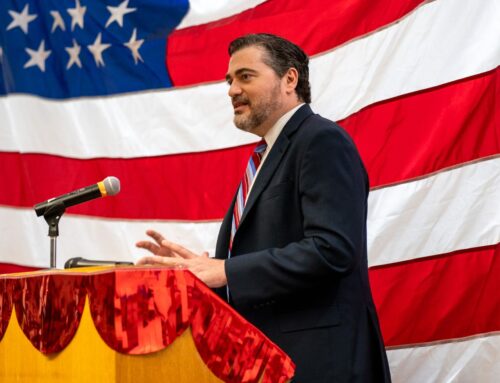By Elizabeth Blosfield, Insurance Journal | May 6, 2020
Business interruption insurance has been a much-debated topic during the coronavirus crisis, with some businesses already pushing back against virus-related claim denials.
In several cities, groups of businesses have filed lawsuits challenging virus exclusions in their business interruption policies, such as recent claimants in Philadelphia and Chicago. Additionally, legislators in various states have proposed bills that, if passed, would mandate business interruption insurers cover COVID-19-related claims.
However, the insurance industry has held firm that business interruption insurance was not designed or priced to cover virus-related losses as they typically do not meet the requirement for physical damage in a business interruption policy, with most policies containing clear exclusions.
For agents aiming to address clients’ concerns, transparency is key, according to panelists during Insurance Journal’s April 8 webinar on business interruption and the coronavirus.
It’s important to be honest with clients about the scope of their business interruption policy and the likelihood of their claim being denied, according to Chris Boggs, executive director of Risk Management and Education at Big I Virtual University. However, agents should still be willing to file a claim on the client’s behalf if asked, he added.
Don Hayden, co-founder and partner at Mark Migdal & Hayden, added that it’s important for agents to do this to avoid any potential errors and omissions (E&O) claims as a result of the pandemic.
“There’s no basis for an E&O claim against you if you filed a claim when you were asked to file the claim,” he said. “You have to remember you’re the broker. You’re not the insurer. It’s for the insurer to accept or deny the claim.”
While agents try to be transparent and work with clients, litigation has already occurred regarding business interruption claim denials. A Minnesota dentist, an Ohio bridal shop and a New York pizzeria are among six small businesses that are the latest to sue insurers seeking compensation for business interruption claims due to the coronavirus crisis, Insurance Journal previously reported. The lawsuits, which are class actions, have been filed against Aspen American Insurance, Auto-Owners Insurance, Lloyd’s of London, Society Insurance, Oregon Mutual Insurance, and Topa Insurance Co.
And Hayden says there are likely more where those came from.
“Just because we’re taking the position that this is not a covered claim does not mean that there will not be litigation,” he said, adding that he believes there will be more attempts by lawyers to file bad faith claim or claims on the denial of coverage. “I could imagine someone saying that somehow the virus infiltrated my ventilation system in my building and that it caused physical damage to the property or something like that. But they have to prove that. And with this virus, there’s no physical damage to the property.”




